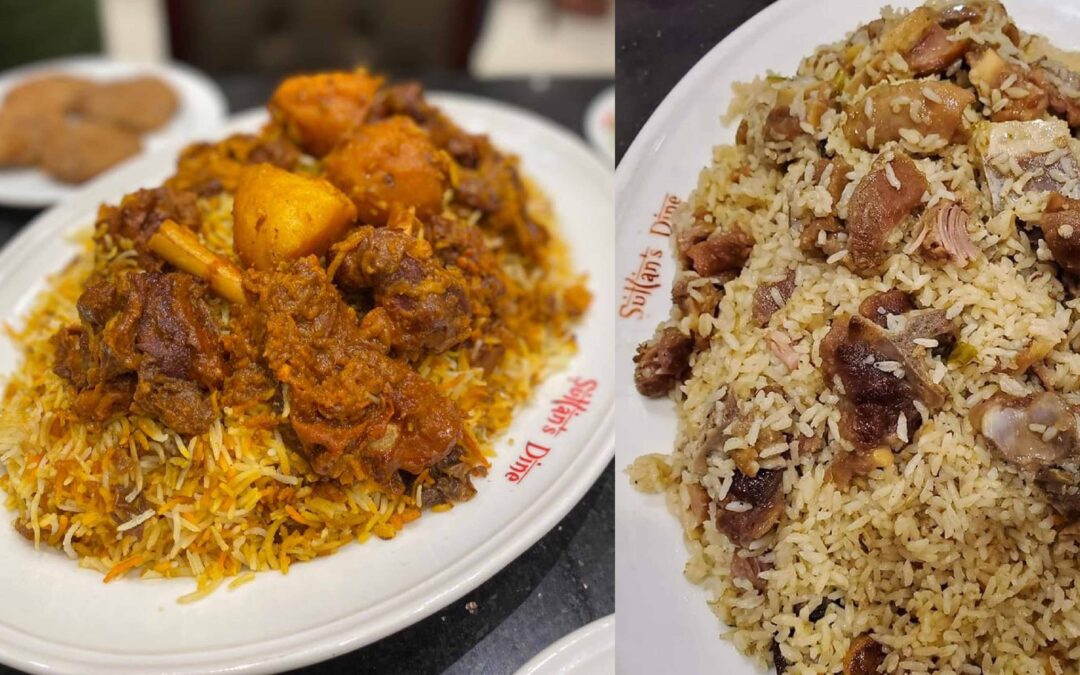Hello readers and welcome back! If you’re new here, I hope you enjoy this new episode.
So what is supply chain traceability?
It’s all about making sure that food can be traced back to its origins through all the different stages it went through before reaching your plate or local restaurant or market. For example, as a simplified version, let’s say you buy some milk at the store; you would be able to trace it back to the company that distributes it, then to the company that was responsible for the pasteurisation of the milk and then finally to the farmer who was responsible for the cows that produced to milk. But why is supply chain traceability important? It’s important because it proves that the products meet a certain standard (safe for consumption); it provides a documented trail of each product so that each part of the supply chain takes accountability for the quality of the product they’ve provided. It is crucial in making sure that the products that you receive are top-notch!
Now, have you ever heard of scandals on the news of ‘bish’ found in fruits at the Bangladeshi markets? Well, a fundamental cause of this is the lack of supply chain traceability in Bangladesh. Each stage of the supply chain has a role in ensuring the products they receive and pass meet the required standards; they all have the right to reject products that do not meet the standard.
So if a piece of poisonous fruit goes into your child’s lunchbox, it is likely that the people responsible at each stage of the supply chain are neglecting their legal duty. The lack of supply chain traceability means that over time people are consuming foods that are harmful to them, which leads to a continued influx in disease and malnutrition. In a study conducted 1994, where 54 different food vendors were tested, and traces of disease-breeding microorganisms were found. Supply traceability is one of the most important fundamental issues when tackling the issue of ensuring that all access to food is safe.
In Bangladesh, many of the foods available to us are marketed as healthy and nutritious; however, the reality is far from this. Most manufactured and/or processed foods are unsafe for consumption. Many foods (especially fruits) are adulterated at different levels- this means that an undeclared substance has been added to it in order to increase its quantity. This reduces the food quality; this is done as sellers can sell their products at a higher price. On the flip side of the coin, perishable goods become poisonous as they are produced, distributed, and consumed in unhygienic atmospheres that are not ideal for optimum food safety. Perishable food, as a general rule of thumb, spoil quickly and needs refrigeration in order to stay fresh and safe for consumption.
Right now, the idea of complete supply chain traceability may seem like a ludicrous dream at the moment; I mean, why would food providers want to invest in such a supposedly time-consuming hassle? However, there are actually benefits for those in the supply chain too! Full transparency in the supply food chain means that you can rest assured that all of the products you receive are to the appropriate standard; by complying with the standards, you are empowering yourself and others as well as contributing to full tummies!
Dinebd wishes to work together with all stakeholders to develop and nourish a reasonable supply chain for safe food for better business in restaurant chains and independent outlets through close cooperation and training.






